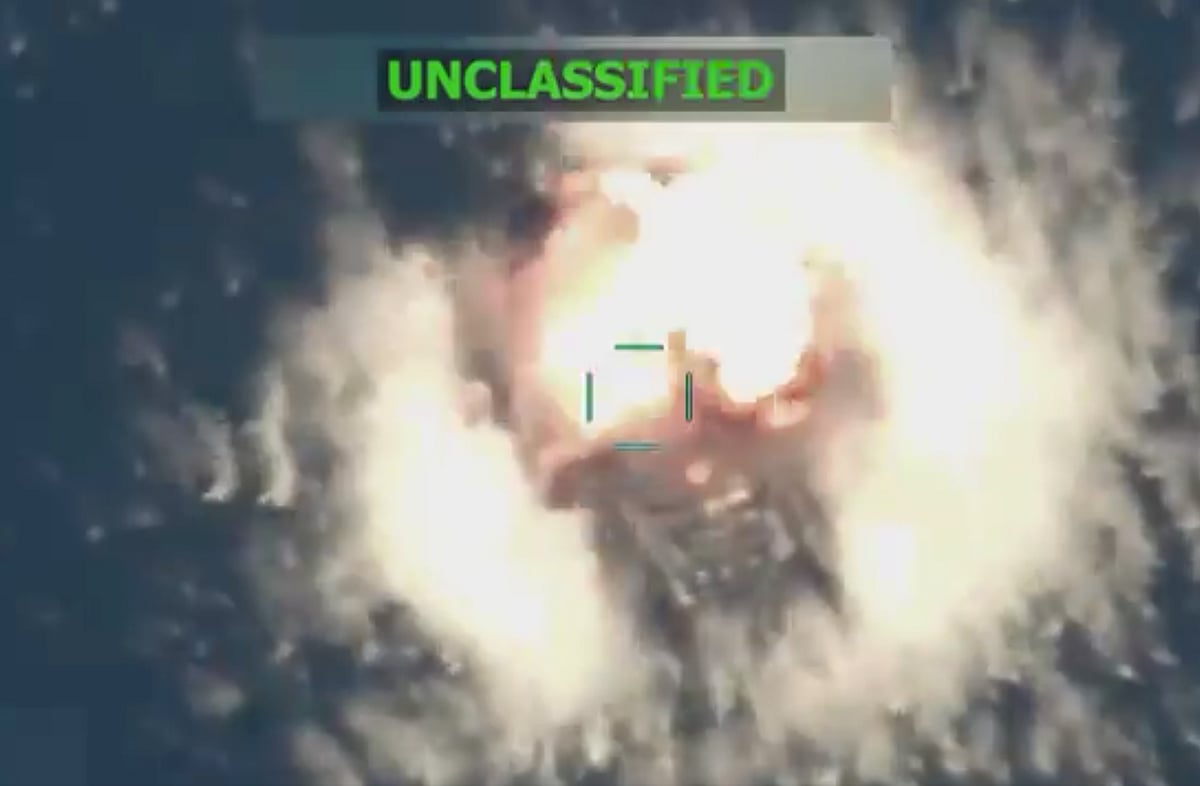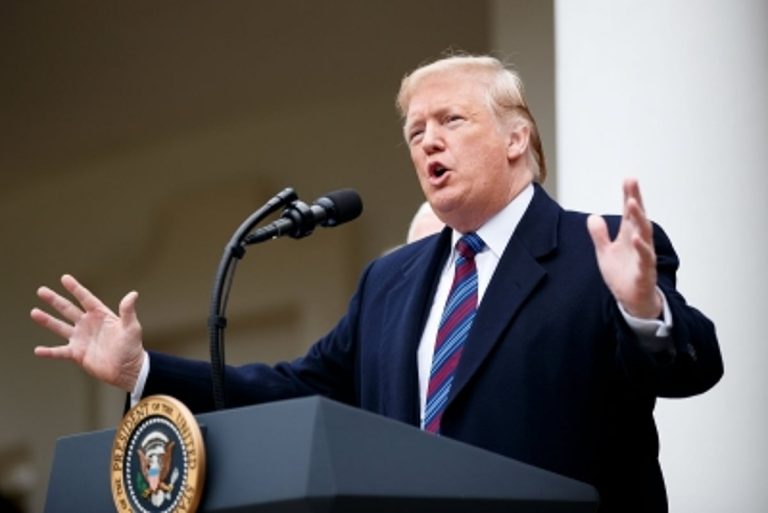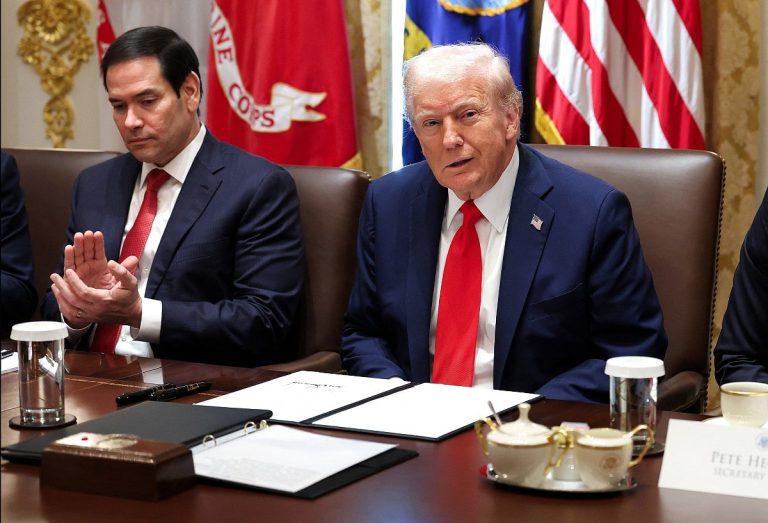US Military Targets Drug Boat in Eastern Pacific Strike
The US military has conducted another airstrike targeting a boat in the eastern Pacific, claiming it was involved in drug trafficking. This recent operation resulted in the deaths of four individuals, as confirmed by Pentagon chief Pete Hegseth. The strike is part of a broader anti-drug initiative that has reportedly led to at least 62 fatalities in recent weeks.
Details of the Strike
The strike took place in international waters, a location that has become increasingly active for US military operations against alleged drug smuggling activities. Hegseth shared a video of the incident on social media, showing the boat before it was destroyed in a large explosion. However, the footage obscures specific details, making it difficult to ascertain the number of individuals on board at the time of the attack.
Hegseth emphasized that the targeted vessel was identified by US intelligence as being involved in narcotics smuggling along a known trafficking route. Despite these claims, the US government has not released concrete evidence linking the boats to drug trafficking or demonstrating any immediate threat to national security.
Recent Operations and Context
This latest strike follows a series of attacks earlier in the week, where multiple boats were targeted, resulting in 14 deaths and leaving one survivor. The US has reached out to Mexico for assistance in rescuing the survivor, but Mexican President Claudia Sheinbaum reported that search efforts have been unsuccessful.
FAQs
What is the purpose of these US military strikes?
The US military strikes aim to disrupt drug trafficking operations in the Pacific, targeting vessels believed to be involved in smuggling narcotics.
How has the US government justified these actions?
The US government claims that intelligence indicates the targeted vessels are engaged in illicit drug activities along established trafficking routes, although concrete evidence has not been publicly disclosed.
What has been the international response to these strikes?
The international response has been mixed, with some expressing concern over the lack of transparency and potential implications for sovereignty in international waters.
Conclusion
The recent airstrike in the eastern Pacific is part of a controversial US anti-drug campaign that has raised questions about its effectiveness and transparency. As the situation evolves, further scrutiny of the operations and their implications for international relations is expected.
The eastern Pacific has long been a critical area for drug trafficking, with various criminal organizations utilizing maritime routes to transport narcotics to the United States and other markets. The region’s vastness and the challenges of monitoring international waters have made it a focal point for US military operations aimed at curbing the flow of illegal drugs. The US Coast Guard and Navy have increased their presence in these waters, conducting surveillance and interdiction missions to disrupt trafficking networks.
The recent airstrikes are part of a larger strategy that includes collaboration with regional partners and intelligence-sharing initiatives. The US has historically worked with countries in Central and South America to combat drug trafficking, often providing training and resources to enhance their capabilities. However, the effectiveness of these operations has been debated, as drug cartels continue to adapt and find new methods to evade law enforcement efforts. Critics argue that while military strikes may yield immediate results, they do not address the underlying issues driving drug production and trafficking.
Furthermore, the legal and ethical implications of conducting military strikes in international waters raise significant concerns. The principle of sovereignty is a critical aspect of international law, and unilateral military actions can lead to tensions with other nations. Some experts suggest that a more comprehensive approach, combining military action with diplomatic efforts and socioeconomic development, may be necessary to achieve long-term success in combating drug trafficking. As the US continues its operations in the eastern Pacific, the balance between enforcement and diplomacy will be crucial in shaping future strategies and maintaining international relations.
Also Read:
NEO: The Future of Home Assistance Robotics Unveiled







